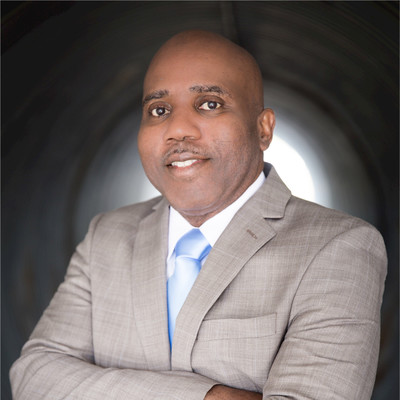A strong partnership between Fort Lewis College (FLC), Norfolk State University (NSU), and IMOD (Science and Technology Center for Integration of Modern Optoelectronic Materials on Demand) creates PEAQS (Partnership for the Education and Advancement of Quantum and nano-Sciences). This collaboration expands the partnership between STROBE, a sunsetting Science and Technology Center, FLC (a non-tribal Native American Serving Institution), NSU (a member of the Historically Black Colleges and Universities), to include IMOD. IMOD is teaming with two diverse institutions to synergize research and education efforts to impact the materials science community and will contribute to American technological competitiveness. The collaboration enables advances in cutting edge materials science, attracts and exposes students from diverse groups to exciting applications in STEM, utilizes novel and effective curricula, networks, and pathways that recruit and retain students in STEM. This PREM will directly fund over 70 undergraduate and over 12 high school researchers at FLC and NSU and provide pathways for students to careers in science and engineering. This PREM leverages existing infrastructures within all partners, providing student access to world-class research mentors, facilities and projects at the cutting edge of materials science. The student experience in this PREM is immersive through not only year-long, hands on research but also mentoring, professional development, leadership opportunities, and network building; all with the goal of improving recruitment, retention, and graduation of students from population historically underrepresented in STEM. This PREM develops the next generation of scientists and engineers with emphasis and experience in materials and related disciplines.
Applications relating to nanotherapeutics, nanoelectronics and thermoelectrics all continue to push the limits of the nanoscale regime, with characteristic dimensions already on the order of 10 nm. Such applications require a comprehensive understanding of nanoscale chemistry and physics, where deviations from bulk behavior dominate, resulting in new benefits and challenges. Increased control over atomic- and meso-scale structure has revolutionized materials science, creating novel opportunities for the control of light-matter interactions, and the engineering of material properties. However, a fundamental ability to control structure at the nanoscale and understanding of the relationship between multi-scale and nanostructure material properties is still elusive. PEAQS will utilize newly built research infrastructure at FLC and NSU along with IMOD materials synthesis, characterization, and integration expertise and capabilities to tackle these challenges through two thrusts, providing a diverse set of opportunities for student involvement in different stages and facets of materials science research.
Thrust 1 Projects: Designing and Controlling the Synthesis of Nanostructured and Quantum Materials for Improved Materials Fabrication
Thrust 2 Projects: Understanding and Utilizing Nanostructured Materials for Device Integration
Bulk Crystal Growth and Characterization of Quantum and Nonlinear Optical Crystals


Utilizing Plasma-Aided Inkjet Printing to Improve Crystalline Structures for Semiconductors

Characterizing Structure-Property Relationships of Organocatalysts
The Lamb group at FLC will conduct initial photophysical investigations of uncharacterized photocatalysts (PCs). There is an ever-growing library of some of the most strongly reducing, fully organic PCs, which have driven organocatalyzed polymerizations, CO2 reduction chemistry, and carbon-heteroatom cross coupling reactions. However, a full picture of the photophysical ramifications of synthetic manipulations to the PCs is incomplete, thus the Lamb group seeks to clarify this using a combination of steady-state and time-resolved spectroscopies and electrochemical techniques.

Advancing the Production of Nanoparticles Using Precision Microfluidics

Characterization of the Mechanical and Chemical Properties of Porous Silicon for Organ-on-Chip Applications
The Jessing group at FLC has developed novel methods to fabricate thin (< 5μm) free-standing porous silicon membranes that may mimic the interstitial space between the alveolar and capillary cells in the human lung. Despite these successes there remain important questions related to producing uniform biocompatible membranes. The partnership between FLC, NSU, and IMOD will contribute to understanding how the porous silicon membrane compares to the biological interstitial space in terms of biocompatibility and mechanical properties.

An Open-Source Droplet Digital PCR System for the Rapid and Accurate Detection of Bacteria from Environmental Water Samples.
The Li team at FLC will develop an open-source ddPCR system that integrates an in-house made PCR thermocycler and optical detector into one portable box. The proposed ddPCR system costs under $1000, which is 100 times less than the commercial systems. The existing challenge with the ddPCR system lies in the restricted availability of fluorophores for multiplexing multiple DNA targets within a single cell. Leveraging the expertise of IMOD research groups, narrow-bandwidth emitting quantum dots will be explored as promising substitutes for conventional fluorophores in these molecular probes.

Develop Surface-Enhanced Raman Spectroscopy (SERS) Substrates for the Detection of Waterborne Pathogen Using Raman Spectroscopy and Deep Learning









